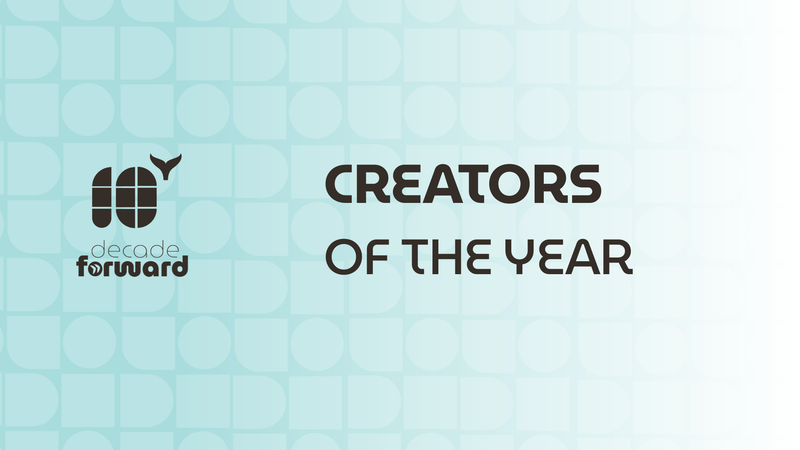By Zanade Mann
You want to enhance your reach? Become a corporate influencer.
Let’s face it, we all know the power of influencers. From nano influencers who have deep personal ties to their followers to mega influencers who affect our daily purchases; the impact of their rise can't be ignored.
But what many did not foresee is the rise of the corporate influencer, the unofficial spokesperson of a brand or company who shares their expertise and thought leadership publicly through personal social media profiles. Now, we can certainly thank platforms like LinkedIn for amplifying C-suite executives and senior leaders through creator-focused initiatives and thirst-worthy top voices badges. Admit it, you were intrigued by every LinkedIn profile you came across that proudly displayed that this person was an industry expert.
Maybe you thought that you deserved that designation. Perhaps you know deep in your heart that you are the best at what you do and the world should know it too. And, guess what? You’d be right. Personal branding isn’t just for high level executives anymore—it’s for anyone looking to drive industry conversations, establish authority, and mark their presence in their respective companies.
Corporate influencers bring a certain pizazz to their faceless companies. They strategically blend their personal touch with that of the mission, vision and values of the company. Take for example Scott Galloway, a top professor at NYU’s Stern School of Business, he has made quite a name for himself that even surpasses his prestigious title at NYU. This guy is all over the place and for good reason. His popularity undoubtedly influences prospective MBA candidates to apply to NYU. In a time when trust in institutions is declining, people want to hear from people—not faceless brands and definitely not an AI bot.
Corporate influencers can create more relatable and trustworthy connections with audiences and potential customers. And, if your company (no matter the size) is paying attention to trends they will see that leveraging the personal brands of individuals can enhance their reach and impact in the digital age.
How to Start Building Your Influence
Let’s be clear—corporate influencing isn’t about becoming an overnight celebrity. It’s about strategically positioning yourself as a go-to expert in your industry while amplifying the company you work for. A win-win situation.
Define Your Niche – What unique perspective or expertise can you bring to your industry? Create Valuable Content – I know, we all say this but it's true. You must share content that is useful and/or entertaining.
Engage Authentically – Thought leadership isn’t just about posting—it’s about conversation. Engage with your network and contribute to relevant discussions.
Use Your Digital Real Estate – Whether it’s LinkedIn, a personal blog, or a newsletter, control your narrative and establish a direct connection with your audience.
Stay Consistent – Personal branding is a long game. The more consistently you show up, the more impact you’ll have.
Creatives, marketers, strategists, and communications professionals at agencies, brands, and organizations of all sizes have a unique opportunity to shape narratives. According to the Financial Times, Dan Shapero, Chief Operating Officer at LinkedIn, explains why corporate influencers are becoming essential:
“It is often easier to build trust with people than corporate brands,” Shapero says. “So executives, as an extension of the corporate brand, are using LinkedIn as a way to build connection and trust with the audiences that they care about.”
This shift underscores why individuals within companies—whether executives, creatives, or strategists—should strategically elevate their companies' presence while positioning themselves as trusted industry leaders.
You can no longer afford to sit on the sidelines. If you’re not actively sharing your expertise, you’re missing out on potential clients, opportunities, and career growth.
A Look to the Future
As social media continues to evolve, expect to see even more companies investing in their employees’ personal brands. The rise of employee advocacy programs and executive visibility initiatives are clear indicators that corporate influencing is here to stay.
And In the words of Kendrick Lamar… You can’t fake influence.











